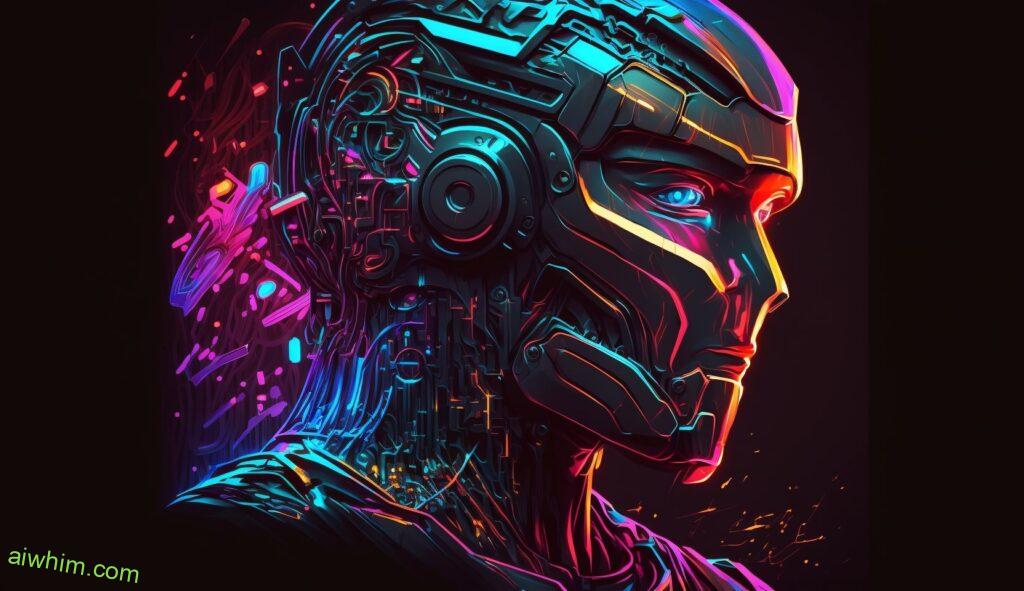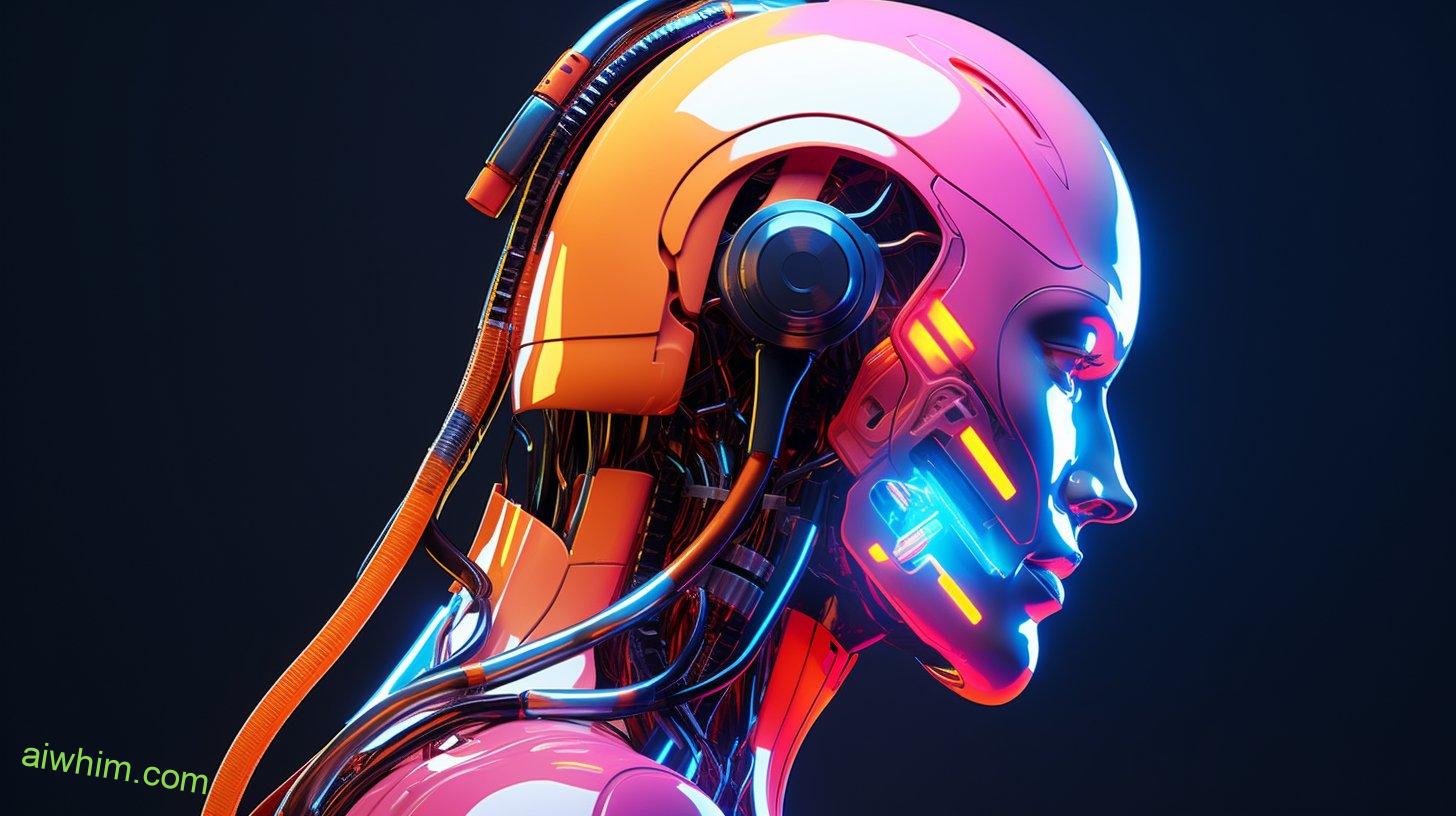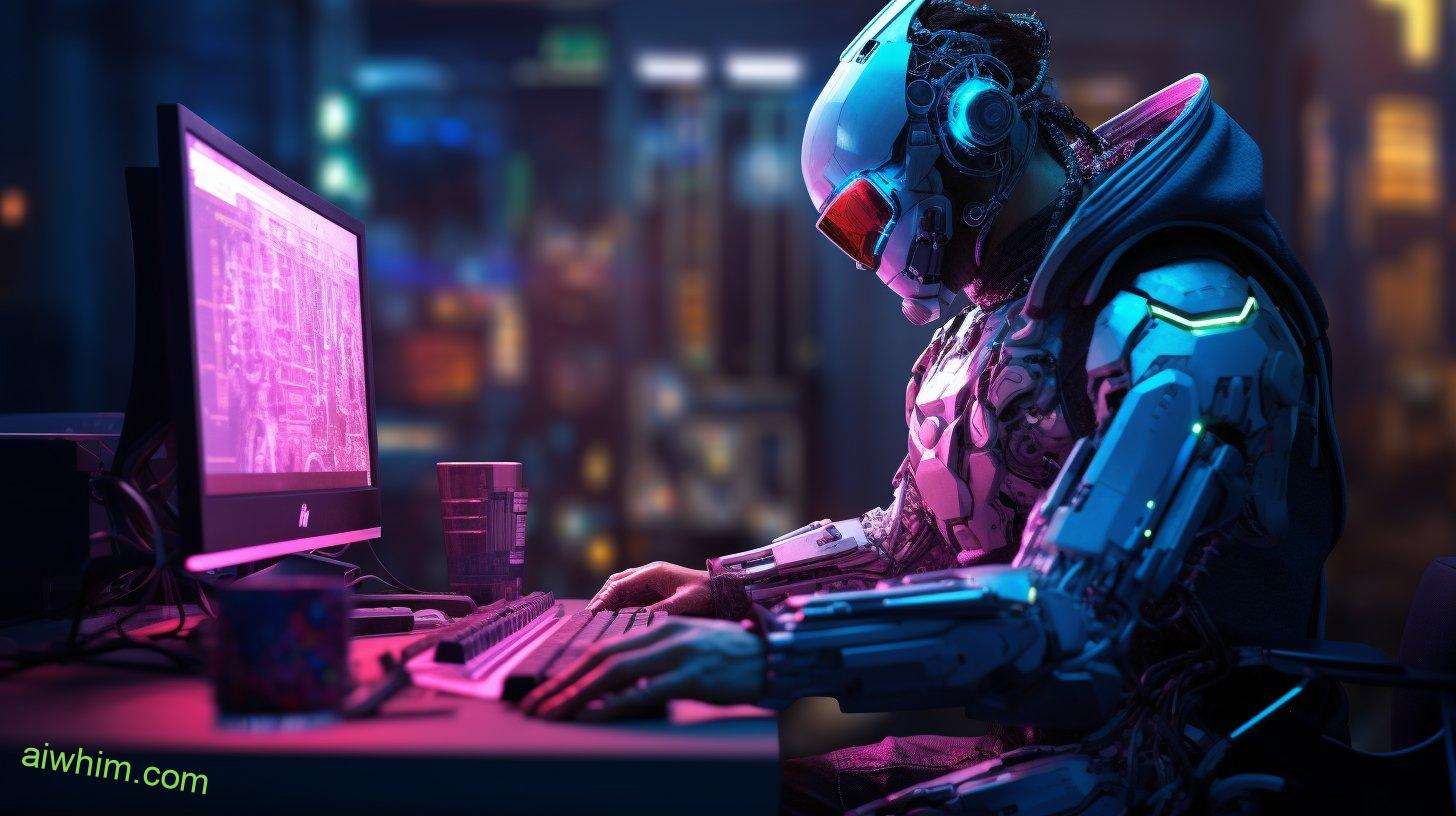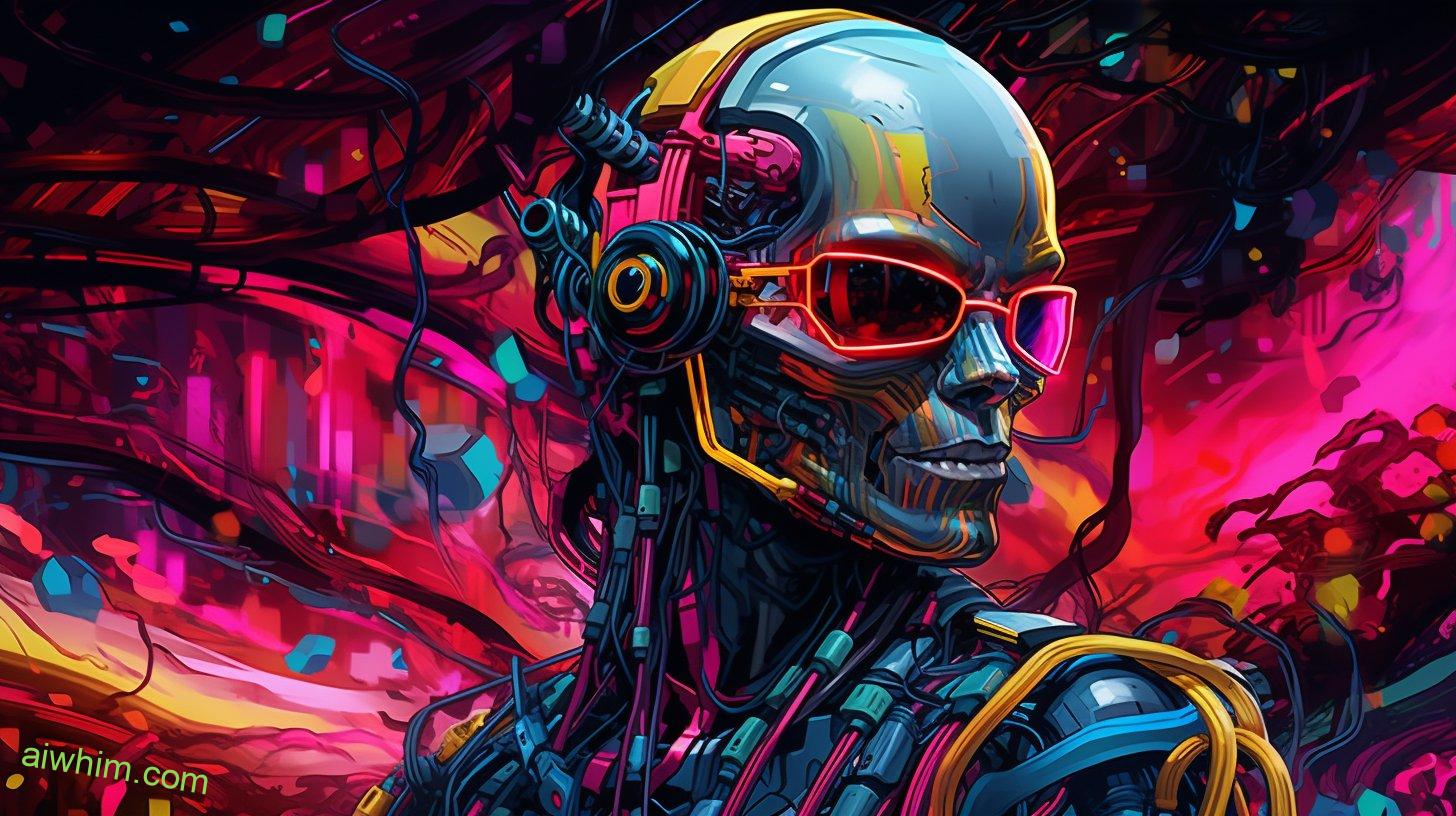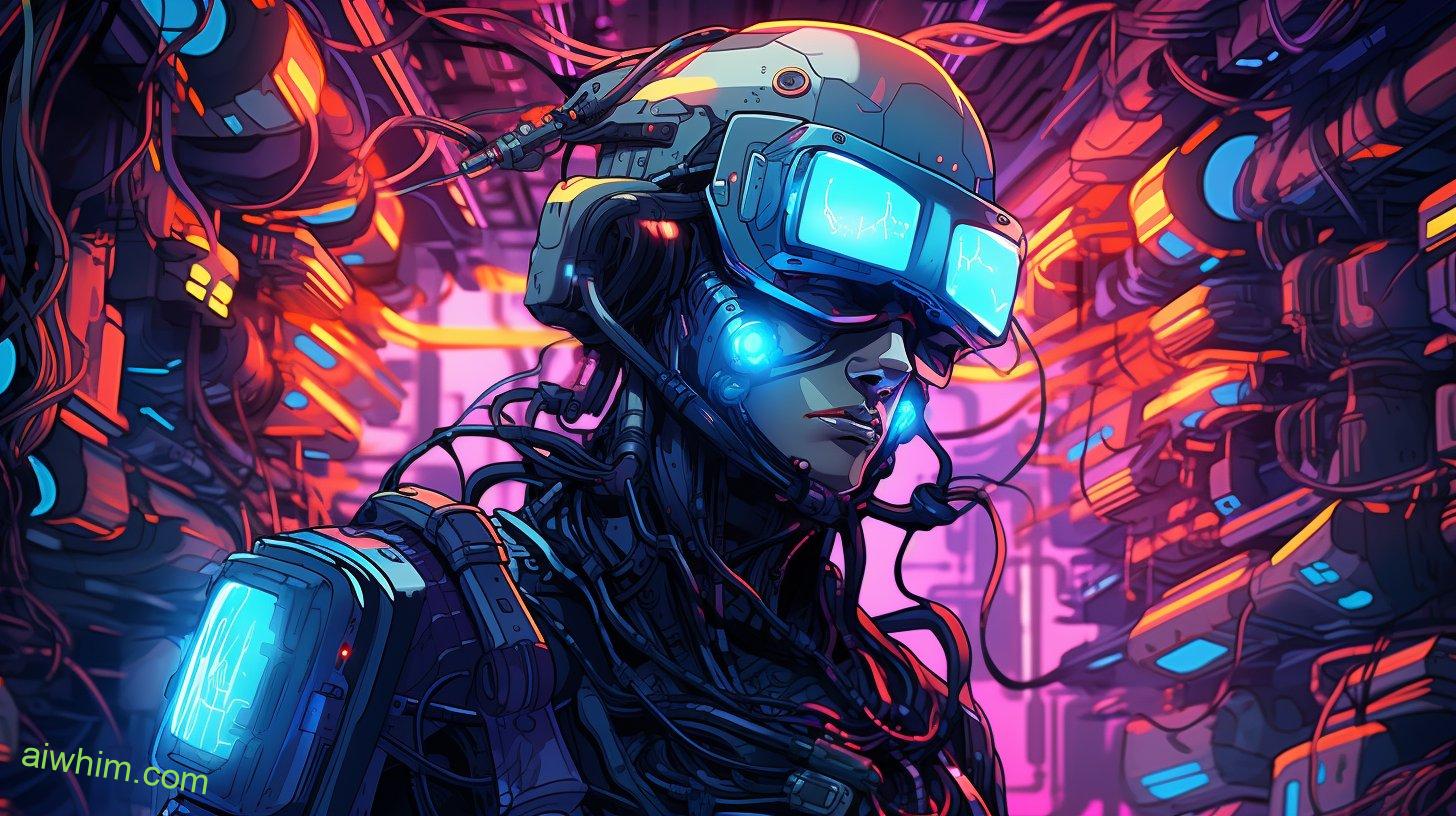Are you a musician or singer, fearful that robots and artificial intelligence (AI) will take your job? The idea of AI replacing musicians has been around since the 1950s. In recent years, advances in technology have made it easier to create music using machine learning algorithms and digital instruments. This begs the question: Will AI replace musicians and singers?
In this article, we’ll explore how AI is being used to make music today, what challenges remain for machines to fully emulate humans in their artistry, and whether AI could ever truly replicate human creativity. We’ll also look at how advancements in AI are likely to affect the future of music production. With increasing automation and computer-generated songs becoming more commonplace, can humans still find freedom within the creative process?
The answers may surprise you! With so much progress being made in the field of AI technology, understanding its implications for musical expression is essential if one wants to stay ahead of the game. Read on to learn more about how AI is changing our relationship with music – and what this means for creators.
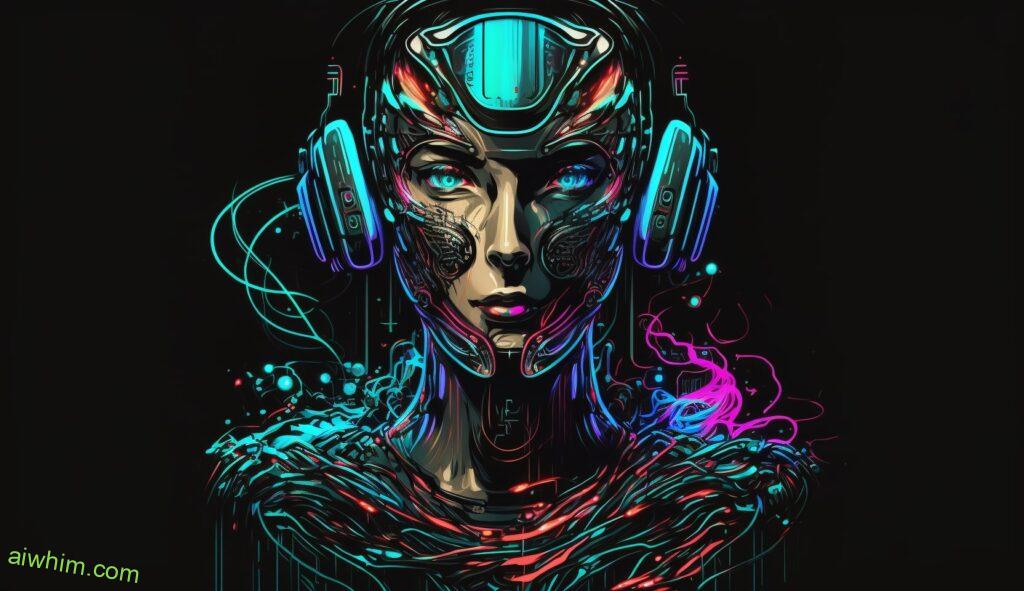
By the way, if you’re eager to find out if musicians or singers are included in the 100 occupations most susceptible to AI replacement you should explore our study to satisfy your curiosity (just follow the link to read on)!
Definition Of Artificial Intelligence
Artificial Intelligence (AI) is a branch of computer science that deals with the development of machines which can think and act like humans. It involves machine learning, deep learning, neural networks, natural language processing and other complex algorithms to enable computers to understand decisions and work autonomously. AI has become increasingly popular in recent years due to its ability to help automate processes and make them more efficient.
The idea behind AI is to allow computers to learn from experience instead of being programmed for specific tasks. By using data sets such as images or text, an AI system can analyze patterns and develop strategies without having direct instructions from a human operator. As it learns more information, it takes on additional responsibilities and continues to evolve over time by making smarter decisions faster than any human could ever do. The possibilities are endless when it comes to what AI can be used for – anything from assisting medical professionals diagnose diseases to helping autonomous vehicles navigate roads safely can be achieved with this technology. In short, AI allows to unlock new levels of efficiency while reducing costs significantly.
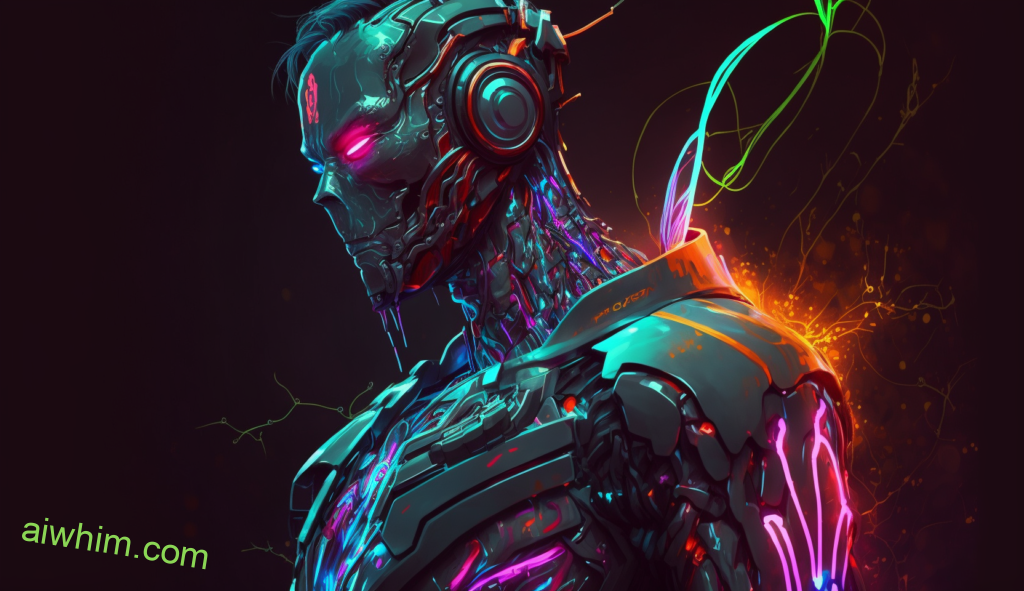
Moreover, this article provides an insightful look into how AI is disrupting acting careers. (Click here to read.)
History Of AI In The Music Industry
The history of AI in the music industry is long and varied. It can be traced as far back as the 1950s, when researchers began to explore ways it could help create musical pieces for composers. Over the years, AI has been used to develop instruments that are capable of improvising on their own, compose complete songs from scratch, produce lyrics based on a given topic or sentiment, and even generate entire albums.
Here’s a list of 4 key milestones in AI’s impact on the music industry:
- 1959 – Artificial intelligence was first applied to composition by Max Mathews at Bell Labs.
- 1997 – The Yamaha Corporation released its “Music Player System,” which composed melodies using artificial neural networks.
- 2002 – IBM developed an experimental software package called “Experiments in Musical Intelligence” (EMI).
- 2016 – Google DeepMind created WaveNet technology that allowed computers to synthesize natural sounding audio recordings with human-like qualities.
These advancements have opened up exciting possibilities for musicians and singers alike; AI-driven tools make it easier than ever before to craft creative works without having to rely solely on manual labor or personal creativity. With these new technologies available, artists are now able to experiment more freely with different sounds and textures while still retaining full control over the creative process—a powerful combination that offers unprecedented opportunities for creativity and exploration within the music industry today.
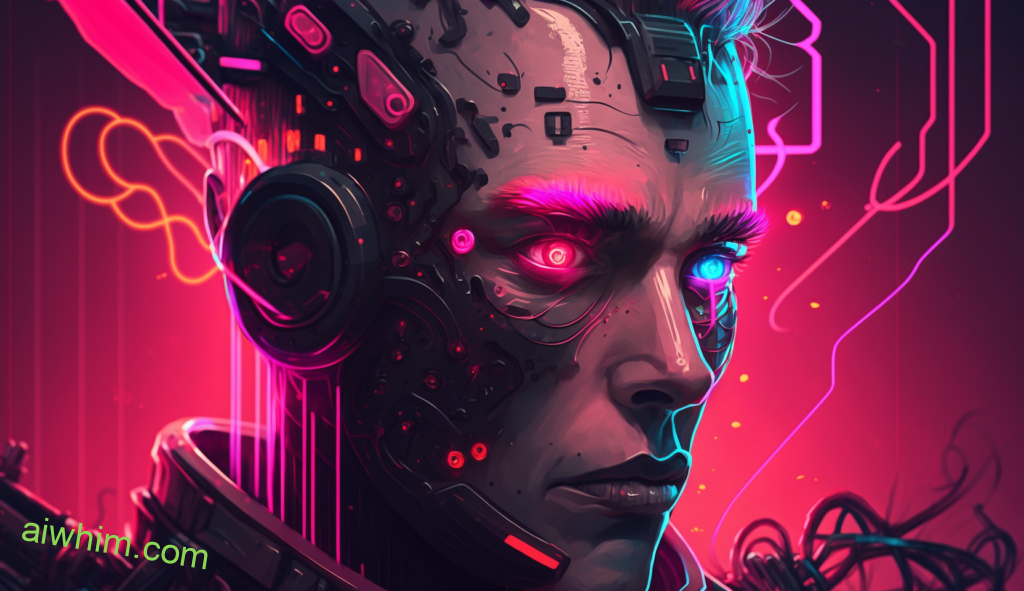
Additionally, we have an article dedicated to analyzing the impact of AI on photography jobs. (Click here to read.)
Pros And Cons Of AI In Music Composition
The use of AI in music composition has been gaining more attention among professional and amateur musicians alike. While some argue that it could potentially become a powerful tool for creating new musical works, others remain skeptical about its impact on the industry. It is clear that there are both pros and cons to using AI in music composition.
One of the major advantages to using AI in music composition is the increased speed with which one can create a song or piece of music. With computer algorithms working alongside human composers, the process of writing a song or developing an idea into something larger can be much faster than if done manually by hand. This helps cut down on costs associated with studio time, as well as making it easier to produce high-quality tracks without having to hire additional staff members or purchase specialized equipment. Additionally, since most AI systems are designed to learn from their mistakes, they may be able to improve upon what humans have created—which could lead to even better compositions!
On the other hand, many people worry that artificial intelligence will take away jobs from traditional musicians and composers who rely heavily on their creativity and skill sets. Some fear that computers will eventually replace all creative roles within the industry, leading to fewer opportunities for talented individuals who want to make a living off their work. Additionally, no matter how advanced these machines get, they won’t possess human qualities such as emotion and personality—making them unable to truly capture the essence of certain genres or styles of music like jazz or folk songs.
As technology continues advancing at lightning pace, it’s essential that we thoughtfully consider how this might shape the future relationship between man-made artistry and machine-generated compositions. We should remember that while computers excel in efficiency, speed, accuracy and data analysis; only humans can bring warmth and soulfulness into our lives through their creations.
Furthermore, this article explores the role of AI in the evolving landscape of video editing jobs. (Click here to read.)
Impact On Musicians And Singers
A recent report found that the AI-assisted music composition market is projected to grow by over 40% in the next few years. This statistic illustrates how Artificial Intelligence (AI) will play a larger role in creating and producing musical compositions, but what does this mean for musicians and singers? It’s important to consider both the benefits and drawbacks of AI being used as part of music production.
Although there are potential advantages such as increased efficiency, accuracy, creativity and cost reduction, there could be negative implications for human musicians and singers. For example, with many tasks now able to be automated by AI technology, it may lead to job losses or reduce opportunities for people currently working within the industry. Additionally, because computers can quickly produce perfect performances without any emotion or feeling, live performance may become obsolete which would have an enormous impact on those who rely on concerts and gigs for income.
The reliance on AI also raises ethical questions about copyright infringement; if computer-generated recordings sound too similar to existing ones then it could infringe copyright laws. Furthermore, some argue that using machines to compose music lacks originality compared to when humans create their own works of art. The introduction of AI into the music industry has clearly caused disruption but whether this is positive or negative still remains uncertain.
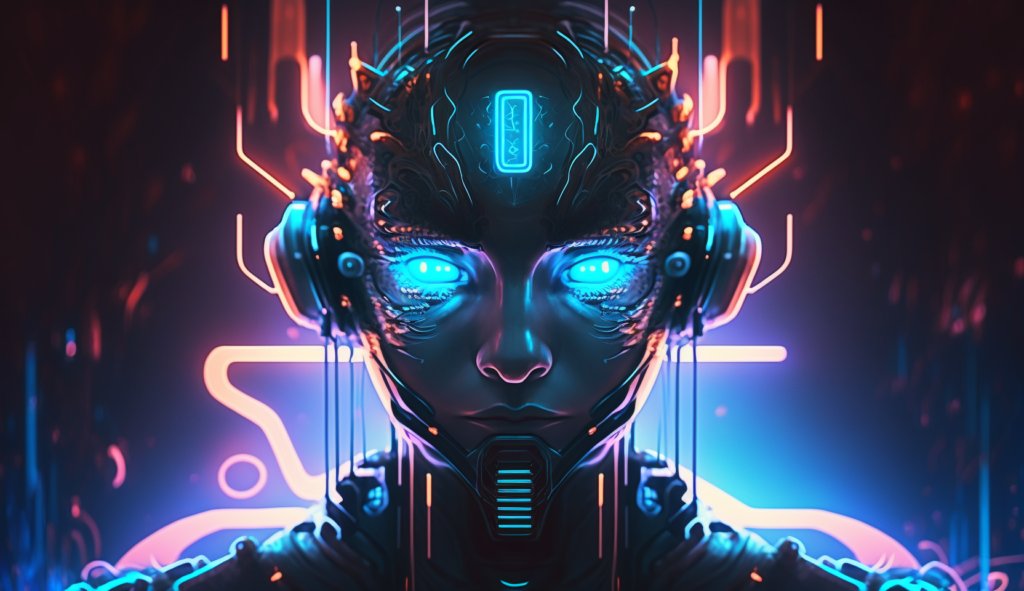
The Future Of AI In Music Production
AI technology is evolving rapidly, and its potential to transform music production has never been greater. AI-music production applications are being developed that can generate entire tracks from scratch without any human input. Artificial intelligence algorithms can analyze existing songs and compose new ones in a fraction of the time it takes for humans to do so. AI also has the ability to detect patterns in musical data sets and create unique sounds based on those patterns. This could lead to more creative and expressive compositions than ever before.
The possibilities for AI-powered music making are endless, but there will always be an important role for human musicians and singers in creating great music. While AI may help streamline certain aspects of music production, it cannot replace the emotion, creativity, or passion that comes with having real people behind instruments or microphones. As such, while AI will undoubtedly have a significant impact on how we make music in the future, it’s unlikely that it will ever fully supplant human involvement altogether.
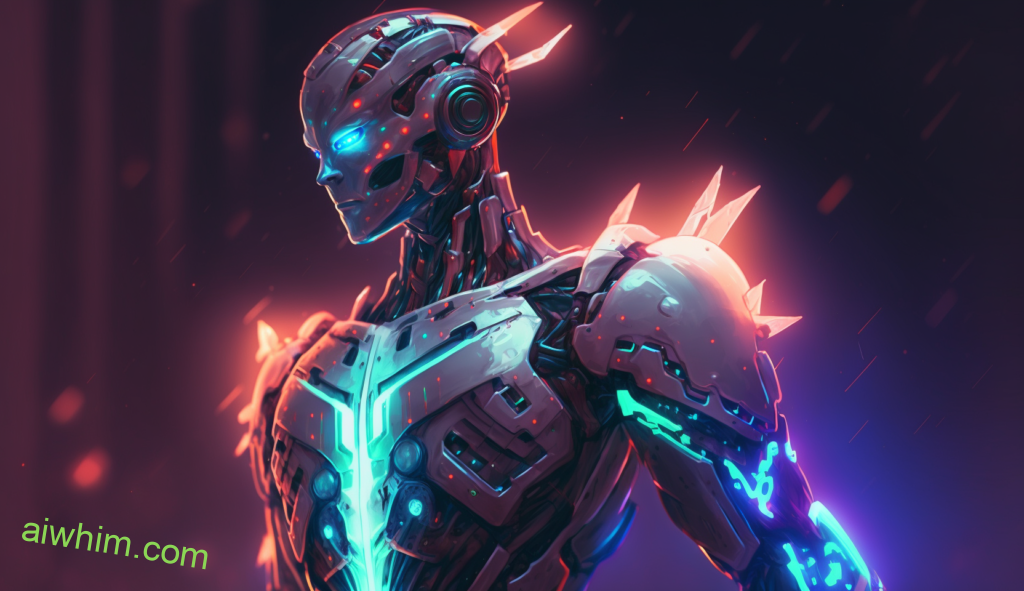
Automation In Music Creation
The advancements in Artificial Intelligence (AI) have had a significant impact on the music industry. AI has enabled automated tools to be used for music production, composition, and performance. This automation of music creation could potentially replace human musicians and singers in the future.
Here are four ways that automation is impacting music-creation:
- Automated Music Composition – AI can generate completely new compositions by analyzing existing recordings or scores and creating original content based off this data.
- Automated Music Production – Machines can now complete entire tracks with minimal input from producers, allowing them to spend more time perfecting their sound.
- AI Music Composition – Algorithms can create unique arrangements based on an artist’s preferences, providing limitless possibilities for experimentation without sacrificing creativity.
- AI Music Production – Computers are able to produce realistic sounding audio tracks using deep learning techniques, eliminating the need for expensive studio equipment and engineers.
These advances in technology enable musicians to explore previously unthinkable musical realms while maintaining their autonomy as artists. Musicians and singers no longer have to rely solely on traditional methods of recording or writing music; instead they can use machines to help them express themselves creatively in whatever way they choose! In short, automation has opened up a world of opportunity for those who want to explore different sounds and styles without compromising their artistic freedom.
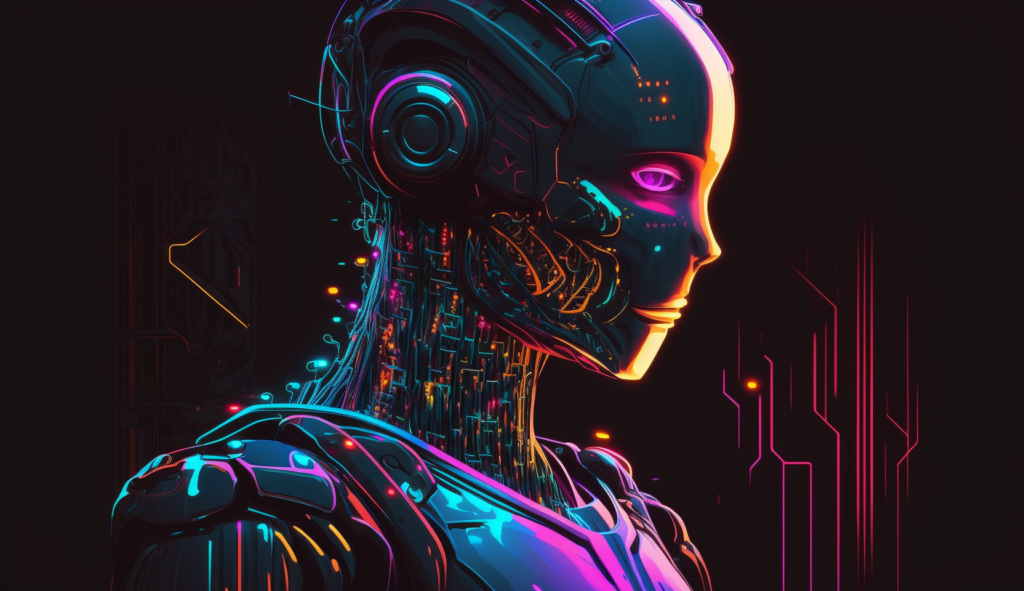
Creative Constraints Imposed By AI
As the twilight of technology slowly engulfs us, its automated arms reach into every crevice and corner of our lives. Artificial intelligence capabilities have been utilized to create music, but at what cost? The ai-imposed constraints put on creativity are real and tangible; they impose creative limitations that could never be achieved by human hands.
AI generated music can mimic many aspects of traditional musical composition, yet confine it within an artificial box. It is unable to produce pieces that stray from these boundaries set by restrictions AI has in place. While there is still much potential for further exploration within this realm, it would seem that musicians and singers need not fear being replaced just yet – unless we accept these creative corners as something natural or necessary.
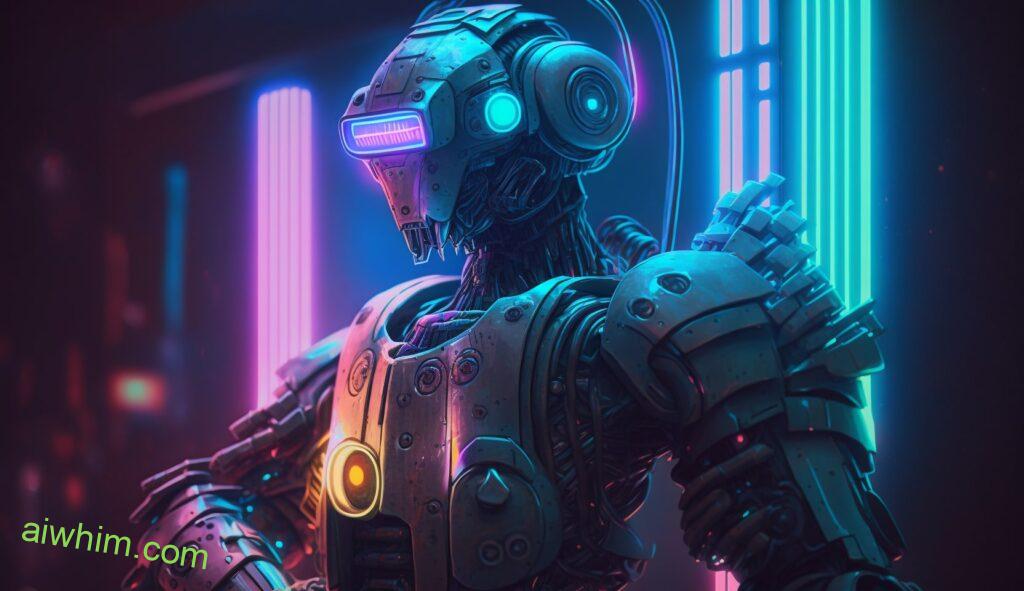
Innovations Enabled By AI
The potential for Artificial Intelligence (AI) to revolutionize the music industry is immense. AI-driven composition, arrangement, and synthesis are making it possible to create unique sounds with machine-learning-driven algorithms. This allows musicians and singers to generate ai-generated-sounds that can be used in their own compositions or even entire albums of music.
In addition, AI technology has made it easier than ever before to arrange existing songs into new pieces as well as composing entirely new works using various techniques such as generative art and algorithmic composition. By automating certain aspects of musical production, artists have more time and energy to focus on creative endeavors rather than mastering complex recording software programs. Moreover, AI’s ability to simulate human characteristics often leads to exciting sonic results which could never be achieved by humans alone.
This combination of automation and creativity opens up a world of possibilities for composers, songwriters and performers alike. With this powerful tool at their disposal, they can craft innovative pieces of work that will captivate audiences around the world. The potential impact of AI in the music industry is infinite – from improving sound quality all the way through to creating completely original masterpieces; there really is no limit! Ultimately, AI offers musicians an incredible opportunity to explore uncharted territory in the realm of electronic music production.
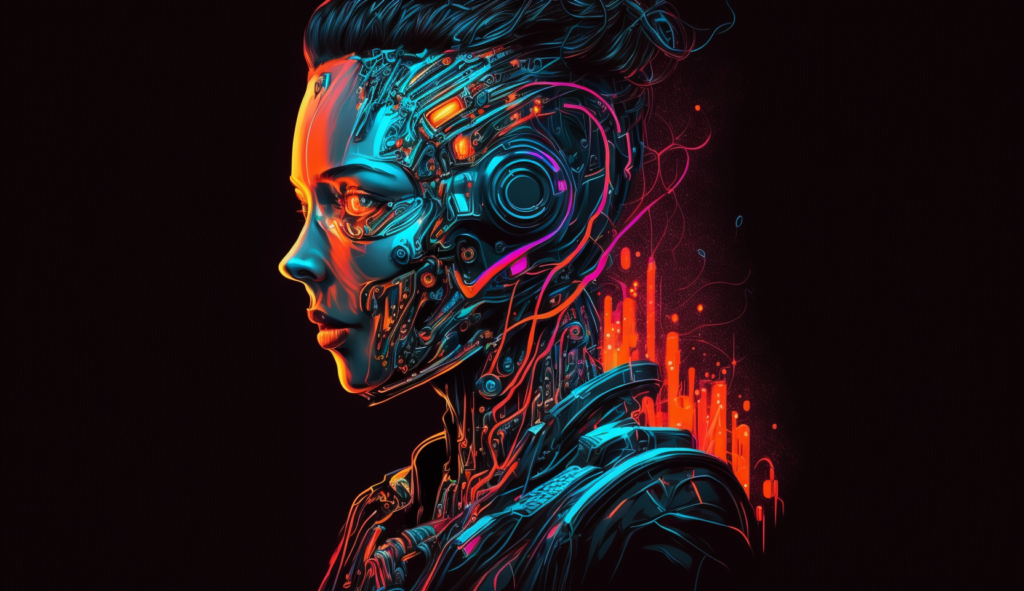
Potential For Human-AI Collaboration
AI has been making leaps and bounds in the music industry, but it hasn’t yet fully replaced musicians and singers. In fact, a recent survey revealed that 78% of people believe human-ai collaborations are more successful than either working alone. This statistic speaks to the potential for human-ai partnerships and machine-human teams when producing musical content.
Unlike many industries where AI is replacing humans entirely, the music sector could benefit from a mix of both human expertise and artificial intelligence technology. Human-machine collaboration can result in completely new sounds as machines essentially create music autonomously without any input from a person. However, these complex compositions may require some level of knowledge or interpretation from an experienced musician or singer who understands how to work with digital systems.
By combining their respective strengths – with machines capable of creating vast amounts of data points through experimentation and humans able to provide creative direction based on emotion – unique opportunities arise that neither party would be able to achieve on its own. In this way, human-machine teams have the potential to produce innovative results that open up new possibilities for songwriting within existing genres or even creating entirely new ones altogether!
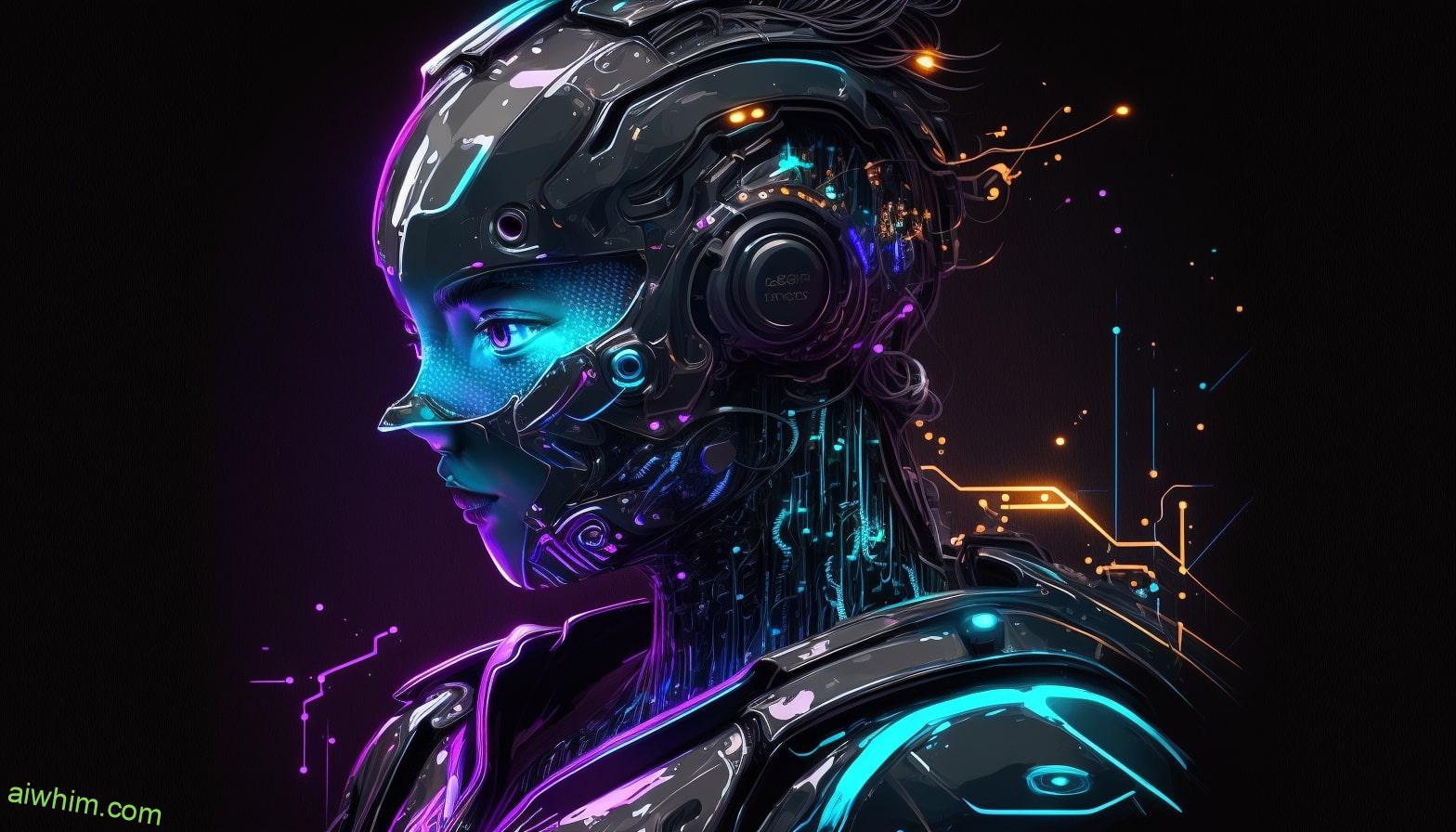
The Role Of Human Interaction In Music Making
The growing technology of Artificial Intelligence (AI) has sparked many conversations regarding its potential implications in the music industry. While AI can help automate certain aspects of music production, there are still some important roles that humans play in creating and producing a song or performance. Human-AI collaboration is increasingly becoming more common with the development of advanced applications such as virtual instruments and automatic accompaniments.
However, these collaborations can also come with their own set of creative constraints due to automation and algorithmic limitations. Automation music may not be able to capture the same level of emotion associated with human performances, which could potentially diminish economic prospects for musicians in an already competitive market. Additionally, ethical considerations need to be taken into account when automated music becomes commonplace; this includes questions about copyright laws and who owns the rights to automated compositions.
Ultimately, while technologies have made it easier than ever before for people to create and produce music on their own, the role of humans will remain integral when it comes to making truly memorable musical experiences—especially when considering the emotional resonance created by live performances. As AI continues to evolve, so too must our understanding of how we interact with it and use it in order to best serve both artists and listeners alike.
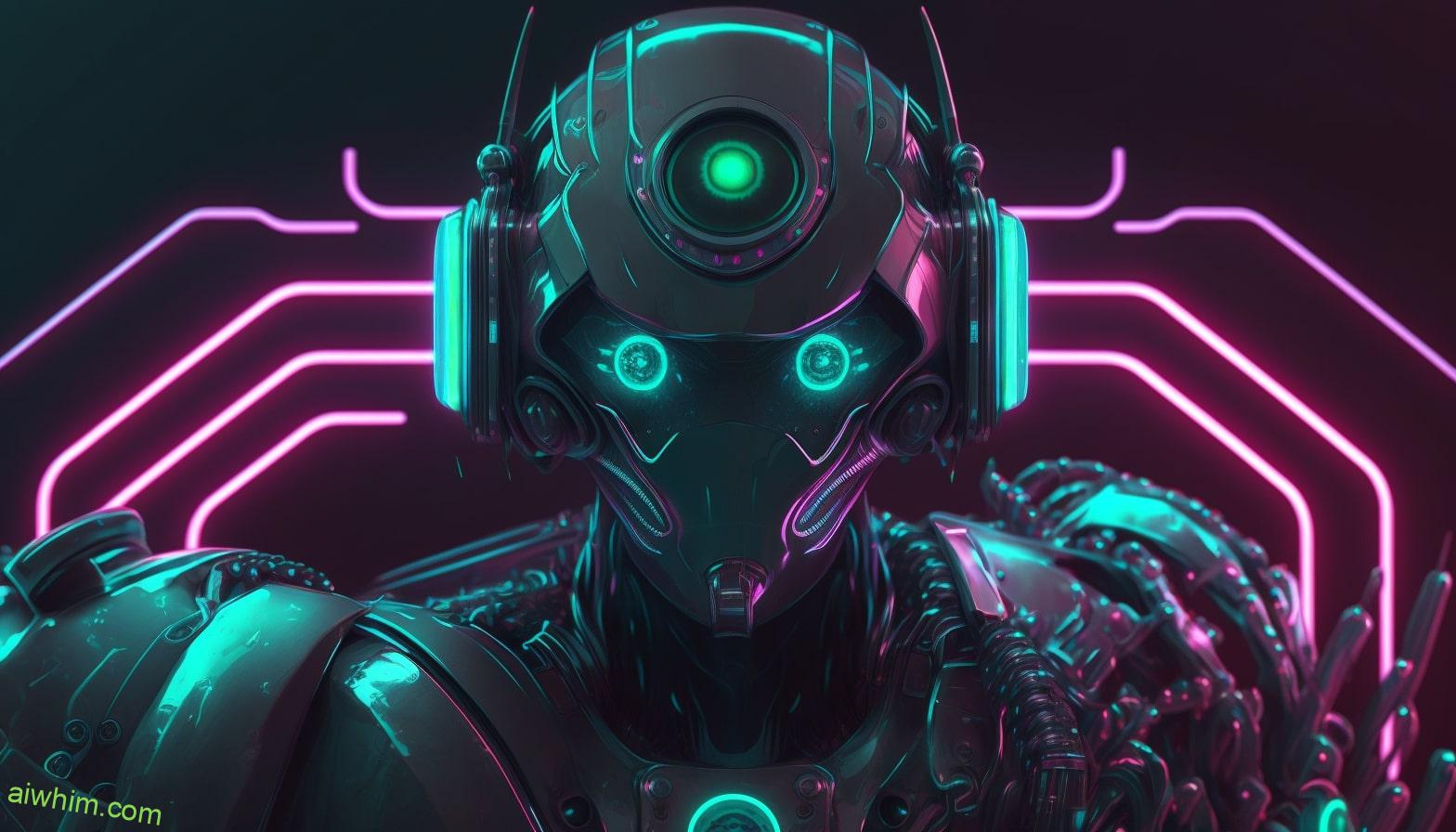
Possible Applications For Live Performance
The debate over whether Artificial Intelligence (AI) will replace musicians and singers has been a hot-button topic for years. While it’s true that AI can take on certain roles traditionally filled by human performers, there are still some aspects of music production and performance that require the creative spark only humans possess. To this end, many have speculated about how AI could potentially be utilized to enhance live performances instead of replacing them altogether.
This is where automated shows come in – concerts featuring both live human players plus an AI element controlled from behind the scenes. Such events would theoretically allow for more creative control than ever before, as sound engineers or producers could tweak the AI elements with precision during rehearsals or sound checks prior to showtime. This could result in smoother transitions between songs, complex layering effects, unique tempos, interesting harmonies – all without relying entirely on preprogrammed audio files.
In addition to fully automated shows, another possible application involves live collaboration between human artists and ai-driven instruments or vocalizations. This type of hybrid experience promises to bring together the organic spontaneity of real-time performance with the advanced capabilities of machine learning technology. Live ai collaborations could open up new possibilities in terms of musical expression while also creating opportunities for audience interaction unlike anything seen previously at traditional concerts.
We can expect major advancements in this field as more developers explore how they might use AI-controlled concerts and live AI music to create experiences never before imagined by concertgoers around the world. With such exciting potential just waiting to be tapped into, it’s clear that artificial intelligence offers plenty of ways for adding depth and complexity to the collective sonic landscape – far beyond what was thought possible even just a few short years ago!
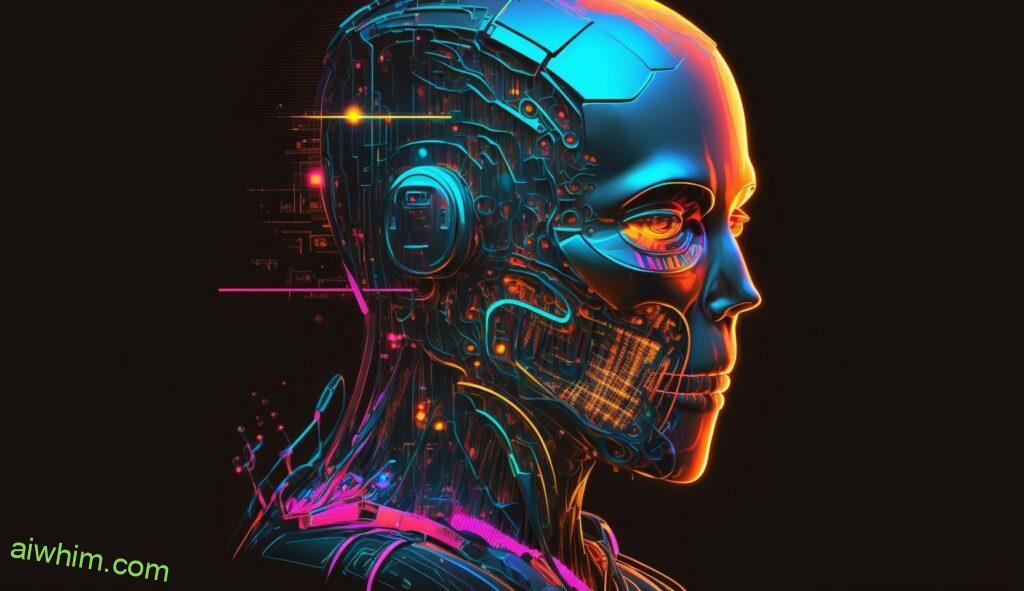
Copyright Issues Involved With AI-Generated Content
The prospect of AI-generated content replacing musicians and singers raises important copyright issues. At present, when a musician or singer creates an original piece of work, they own the rights to that work – meaning no one else can use it without their permission. But how would this be affected if AI technology were used to create similar works? Who would then have the right to the resulting content?
This is where things get complicated. Even though AI could generate new music from scratch, its creators might still need permission from other people in order for them to legally release any copyrighted material used during the process. This means that although AI may reduce some of the labour involved with creating music, there are still copyright issues that must be addressed before it can replace human musicians and singers entirely. It’s essential that all parties concerned understand these issues so they don’t infringe on anyone’s legal rights – and ensure everyone gets paid fairly for their creativity.
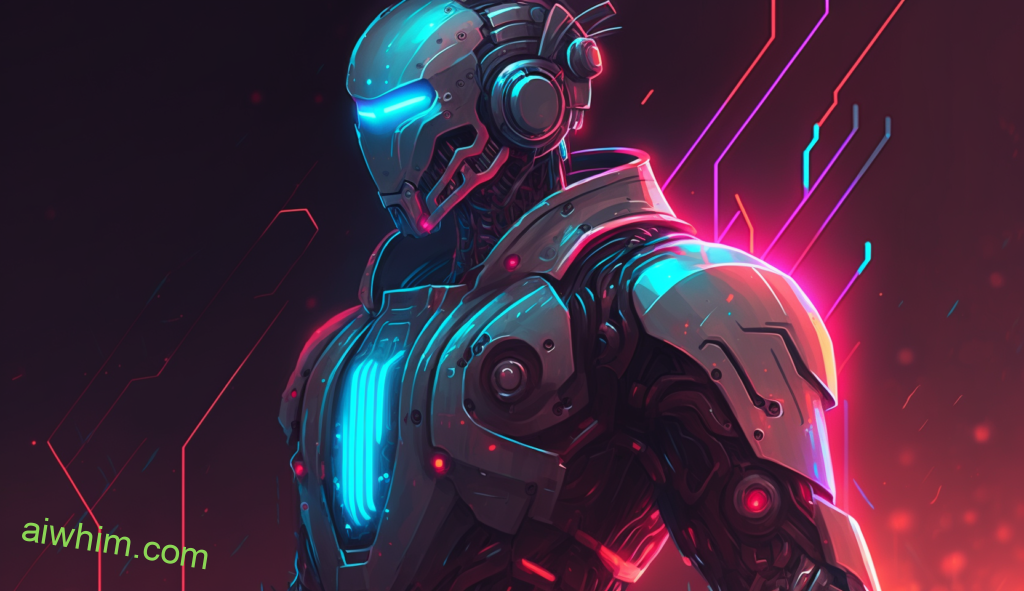
Challenges Faced When Establishing Human-AI Partnerships
The copyright issues involved with AI-generated content are an important consideration when discussing the potential of human-AI partnerships. As automation music continues to gain traction, it is paramount that creative constraints and economic implications be carefully considered. Moving forward in this relationship between humans and machines requires thoughtful deliberation on both sides of the partnership.
First, there is a need for consensus on how much control should be given to artificial intelligence when composing music or performing vocals. If AI were granted full autonomy over its creations, would that signal the end of traditional musicianship? On one hand, some fear that machine generated tunes will threaten live performances as audiences gravitate towards robot orchestras instead. Yet on the other hand, others predict that human-machine collaboration could produce a unique form of creativity never seen before.
Another challenge lies in developing a framework for compensation if AI does become part of the equation. Who then has rights over any original works produced by the combination of man and machine? Do these questions have different answers depending on whether we’re talking about commercial products versus experimental art? Compromise must also be found between parties who may view digital rights management differently – such as record labels who prefer limited access compared to streaming platforms which favor open sharing options. This ultimately leads back to setting parameters around ownership and use in order to establish trust among all those involved in human-AI partnerships.
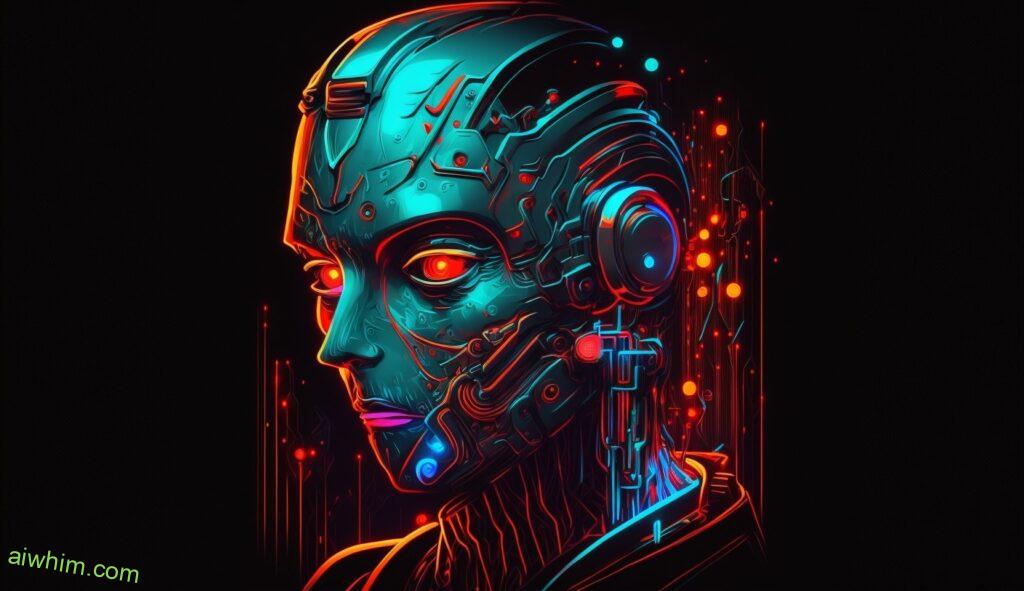
Economic Implications Of AI Adoption
The economic implications of AI adoption are far-reaching and could be particularly damaging to musicians and singers. As AI technology becomes more advanced, it has the potential to replace human labor by performing tasks with greater accuracy at a fraction of the cost. This means that many jobs previously done by people can now be automated and performed faster than ever before.
The impact on musicians and singers is likely to be felt most acutely due to their reliance on creativity as part of their craft. While there have been attempts to use AI for composition, performances, and songwriting, there’s still no replacement for human ingenuity when it comes to creating great music. However, while the creative side may remain safe from automation, other aspects of the industry such as production and promotion will increasingly fall under the control of machines powered by AI technology.
This shift could lead to significant economic consequences for those in the music industry who rely on traditional methods of generating income. With fewer opportunities available due to increased automation and competition from cheaper alternatives, some artists may find themselves unable or unwilling to continue pursuing their career in music. This could result in fewer people making a living off their artistry which would have a detrimental effect on cultural diversity within this sector of society.
It remains unclear how much disruption AI will cause to different industries but one thing is certain: its effects will be felt everywhere. Musicians and singers should start considering ways they can adapt if they want to stay ahead of the curve as more businesses begin looking towards AI for efficiency gains over manual labor techniques.
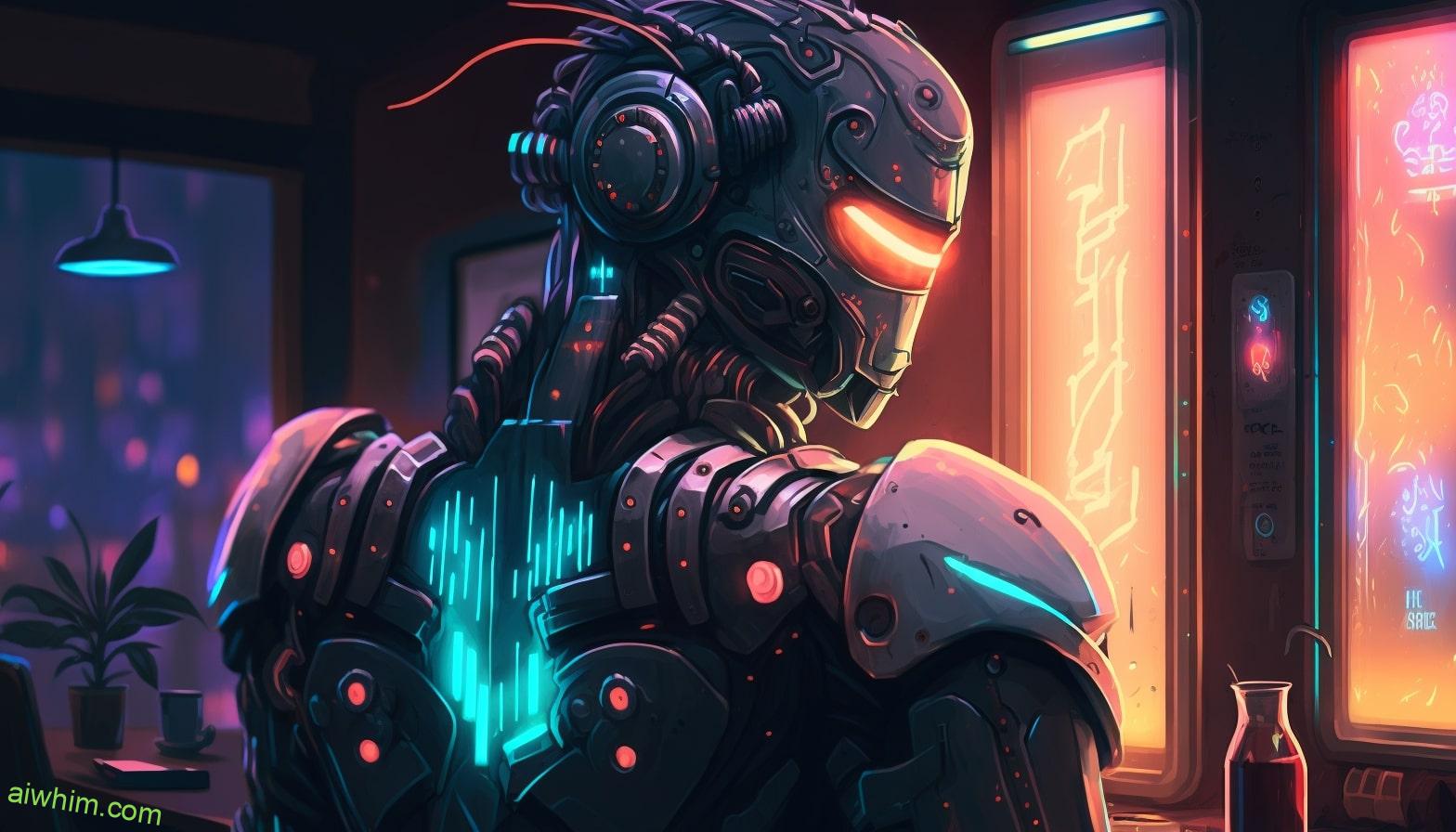
Ethical Considerations When Using AI
As AI technology continues to evolve and become more prevalent, it’s important for us to consider the ethical implications of using this type of technology. After all, if AI can replace musicians and singers, what other aspects of society might we be able to automate?
When developing and employing new technologies such as artificial intelligence, there must be a focus on responsible use that respects human rights and autonomy. Here are 4 key elements of ethically responsible AI usage:
- Respect for privacy – AI should not invade people’s privacy in any way by collecting or using personal data without permission.
- Transparency – The development process and general operations behind an AI system should be open and transparent so users understand how their data is being used.
- Accountability – Companies creating and utilizing AI systems need to take responsibility for any negative impacts they may have on individuals or communities.
- Safety & Security – To ensure safety, companies should continuously evaluate existing AI systems while also implementing safeguards against potential risks associated with future developments.
The truth is, no matter how advanced our technological capabilities become, morality will always remain at the core of decision-making when it comes to deploying these tools across different industries. As we continue exploring ways to further incorporate Artificial Intelligence into our daily lives, let’s remember that ethics should guide the utilization of these powerful tools moving forward.
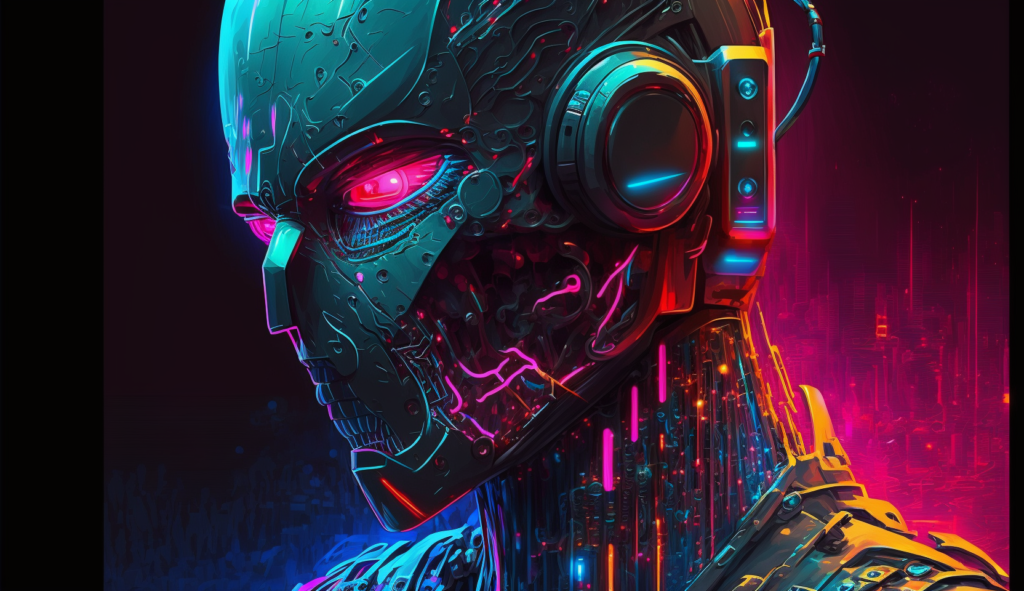
Conclusion
In conclusion, the introduction of AI into music production has sparked heated debates about its potential to replace human musicians and singers. While it is true that AI can help streamline the creative process and increase efficiency in certain aspects of music composition, it cannot replicate the creativity, emotionality and uniqueness that only humans can bring to a musical piece.
Furthermore, although AI may have some advantages over traditional methods of making music, we should not forget that there are ethical considerations involved when using these technologies. Issues such as copyright infringement and privacy rights need to be taken into account before any decisions are made about incorporating AI into our lives.
Overall, while artificial intelligence does offer exciting possibilities for creating new forms of artistry in music production, careful thought needs to be given to ensure its use is done responsibly and ethically. As long as this balance is maintained between technology and humanity’s creative capabilities, then musicians and singers will continue to play an essential role in artistic expression — both now and in the future.
Author: Ole Paulson
Author Bio: I’m Ole and on this website, I share everything there is to know about Artificial Intelligence, and useful tips for using AI to our advantage. I have a background in data science and research and have been following the AI-space for years. You can read more about me in the “About” page.

